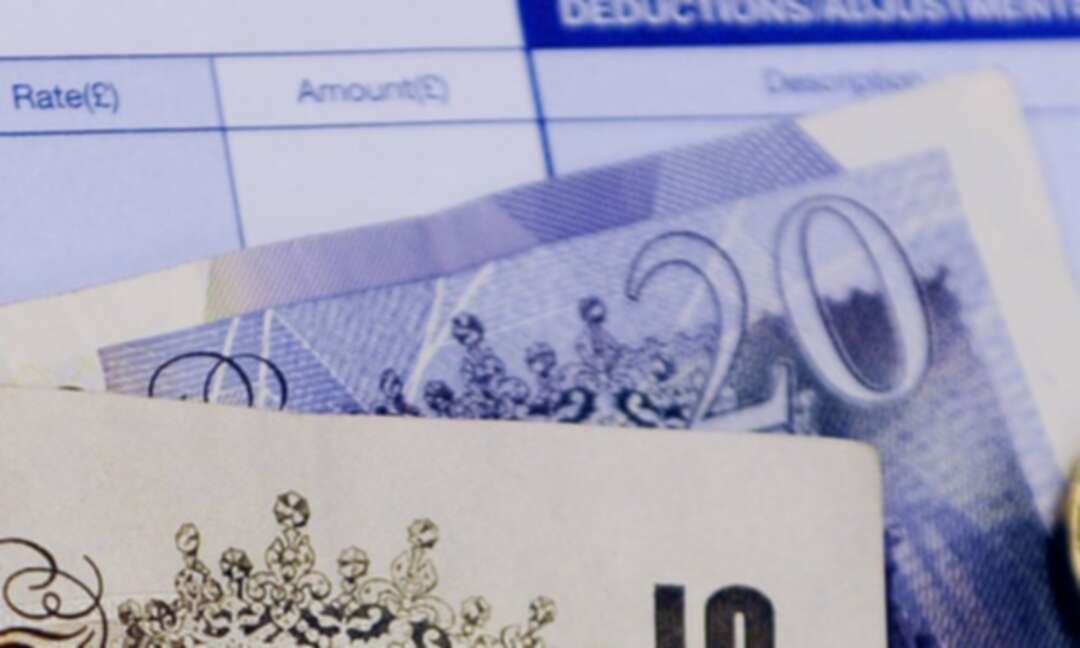-
UK living standards to stagnate even after Covid crisis fades, warns thinktank

Resolution Foundation analysis of budget warns real earnings will fall and barely rise in next four years
The real earnings of UK workers will fall this year and remain stagnant after that even as the economy recovers from the coronavirus pandemic, according to analysis of the budget that suggests the government will oversee one of the worst periods for UK living standards on record.
Incomes will lag behind inflation during 2021-22 – meaning living standards will drop – and will only rise by an average of 0.3% annually over the course of the next four years, according to the Resolution Foundation, an independent thinktank.
It will be the worst inter-election period for real household disposable income on record, barring the short parliament of 2015-17, when David Cameron and then Theresa May were prime ministers. That parliament was marred by a spike in inflation following the Brexit referendum result.
The overnight analysis of Wednesday’s budget suggested that Rishi Sunak, the chancellor, will have significantly more work to do if the government is to improve UK living standards – or to reach his stated goal of reducing the share of public net debt relative to GDP.
Sunak combined large spending pledges in the short term aimed at helping the UK economy to recover from the pandemic with large tax rises later in the parliament.
The analysis also suggested the income of the poorest British households will be among the worst affected even as basic benefits are cut to levels not seen since the 1990s. It will drop by 7% in the second half of the 2021-22 tax year after Sunak set a course to remove a £20 weekly uplift to universal credit payments after September, the foundation said.Torsten Bell, chief executive of the Resolution Foundation, said: “The chancellor has gone big on both support for the recovery now and tax rises in future. This is broadly the right approach to take in terms of protecting the economy now, securing a recovery next, and repairing the public finances later.
“But the details of his plans leave serious questions to be answered about whether enough has been done to support households in the recovery to come, how credible it is that further reductions in planned spending can be delivered, and if the UK’s public finances have really been put on a sustainable footing long term.
“The improving outlook for GDP next year is not set to feed through into a boom for living standards, with unemployment forecast to rise and household incomes to fall. Long-term economic scarring also means that this is set to be the worst parliament for living standards growth on record, bar the short-lived 2015-17 term. Austerity will also in practice continue for many public services as further cuts were pencilled in.”
source: Jasper Jolly
Levant
You May Also Like
Popular Posts
Caricature
BENEFIT Sponsors BuildHer...
- April 23, 2025
BENEFIT, the Kingdom’s innovator and leading company in Fintech and electronic financial transactions service, has sponsored the BuildHer CityHack 2025 Hackathon, a two-day event spearheaded by the College of Engineering and Technology at the Royal University for Women (RUW).
Aimed at secondary school students, the event brought together a distinguished group of academic professionals and technology experts to mentor and inspire young participants.
More than 100 high school students from across the Kingdom of Bahrain took part in the hackathon, which featured an intensive programme of training workshops and hands-on sessions. These activities were tailored to enhance participants’ critical thinking, collaborative problem-solving, and team-building capabilities, while also encouraging the development of practical and sustainable solutions to contemporary challenges using modern technological tools.
BENEFIT’s Chief Executive Mr. Abdulwahed AlJanahi, commented: “Our support for this educational hackathon reflects our long-term strategic vision to nurture the talents of emerging national youth and empower the next generation of accomplished female leaders in technology. By fostering creativity and innovation, we aim to contribute meaningfully to Bahrain’s comprehensive development goals and align with the aspirations outlined in the Kingdom’s Vision 2030—an ambition in which BENEFIT plays a central role.”
Professor Riyadh Yousif Hamzah, President of the Royal University for Women, commented: “This initiative reflects our commitment to advancing women in STEM fields. We're cultivating a generation of creative, solution-driven female leaders who will drive national development. Our partnership with BENEFIT exemplifies the powerful synergy between academia and private sector in supporting educational innovation.”
Hanan Abdulla Hasan, Senior Manager, PR & Communication at BENEFIT, said: “We are honoured to collaborate with RUW in supporting this remarkable technology-focused event. It highlights our commitment to social responsibility, and our ongoing efforts to enhance the digital and innovation capabilities of young Bahraini women and foster their ability to harness technological tools in the service of a smarter, more sustainable future.”
For his part, Dr. Humam ElAgha, Acting Dean of the College of Engineering and Technology at the University, said: “BuildHer CityHack 2025 embodies our hands-on approach to education. By tackling real-world problems through creative thinking and sustainable solutions, we're preparing women to thrive in the knowledge economy – a cornerstone of the University's vision.”
opinion
Report
ads
Newsletter
Subscribe to our mailing list to get the new updates!






















